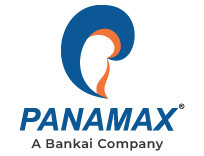With time, people’s perception and approach towards payments have undergone a drastic change. We are witnessing new trends and foreseeing synergies that are building between telecom players and banks. Who would have thought that one day telecom operators, independent wallet service providers, post services and other such services will function like banks!
Lately, regulatory bodies in a few countries have shown generousness and allowed non-banking entities to enjoy the perks of being a bank. They have been awarded an all new category of bank called the Payments Bank. This was majorly to accommodate dynamic business needs, giving rise to a new category of bank featuring small scale operations, low capital investments, limited banking services and not-so-stringent compliance when compared with traditional banks. Add to this, the new category’s ability to offer a host of internet banking and payment experiences to consumers, and drive maximum financial inclusion across the nation and you get a perfect winning recipe.
Payments Bank: A Winning Recipe
The new banking model called the Payments Bank was conceptualized in India to help maximum consumers become a part of the formal financial economy; of course, with limitations on deposits, loans and credit card issuance. Talking about Payments Bank licenses, after all the Ifs and Buts, it was still a lucrative business for many to become a bank. There were 41 initial applicants who applied for it, but only 6 of them are active now. Regulatory authorities follow strict guidelines to select the right Payments Bank, considering that banks should continue to be trusted institutions even when new categories are introduced in the banking ecosystem.
Payment Service Banks Driving Financial Inclusion
Payment Service Banks (PSB) were recently introduced in Nigeria similar to the Payments banks of India. The regulations laid down by the Nigerian authorities include:
-
- Promote and increase financial inclusion in order to bring more and more people from the marginalized sections into the banking spectrum
- Introduce an entity which offers better reachability and convenience, and is more lenient than the existing banks, making it easy for the unbanked/underbanked from rural areas to open an account and perform transactions
- Strive to co-exist with traditional banks and avoid disturbing the present setup of the banking ecosystem
- Use and promote transactions through digital channels instead of operating from brick and mortar branches like their traditional counterparts
- Amalgamation of traditional banking, agency banking, omni-channel payments and a telcos approach involving an agent distribution network for extending the services to the masses in rural areas
Objectives of Payment Service Banks
The main objectives behind setting up this solution are to process a high volume of low-value money transfers, and offer micro-savings and withdrawal services in a secured technology-driven ecosystem. This is extremely important in rural areas which require greater financial inclusion, the utmost priority for any government.
This major change in the banking sector has forced traditional banks and other financial service providers to pull-up their socks and offer innovative services to expand their reachability. Banks and Central Banks are in constant search for a technology provider, who can offer a foolproof tailor-made solution, fulfilling all their current and future requirements. The key to success for any mobile banking solution is to choose the right technology as the entire business heavily relies on it for groundbreaking services, not through brick and mortar branches but via digital channels. The digital banking solution you choose to build your Payments Bank should be secured, scalable, flexible and configurable to support the market’s as well as the client’s expectations. So make sure you choose wisely.
Contributing Writer: Krati Dubey is a content creator at Panamax Inc and has over 6 years of experience in the digital domain. She holds a degree in Journalism and enjoys writing about everything tech.


















